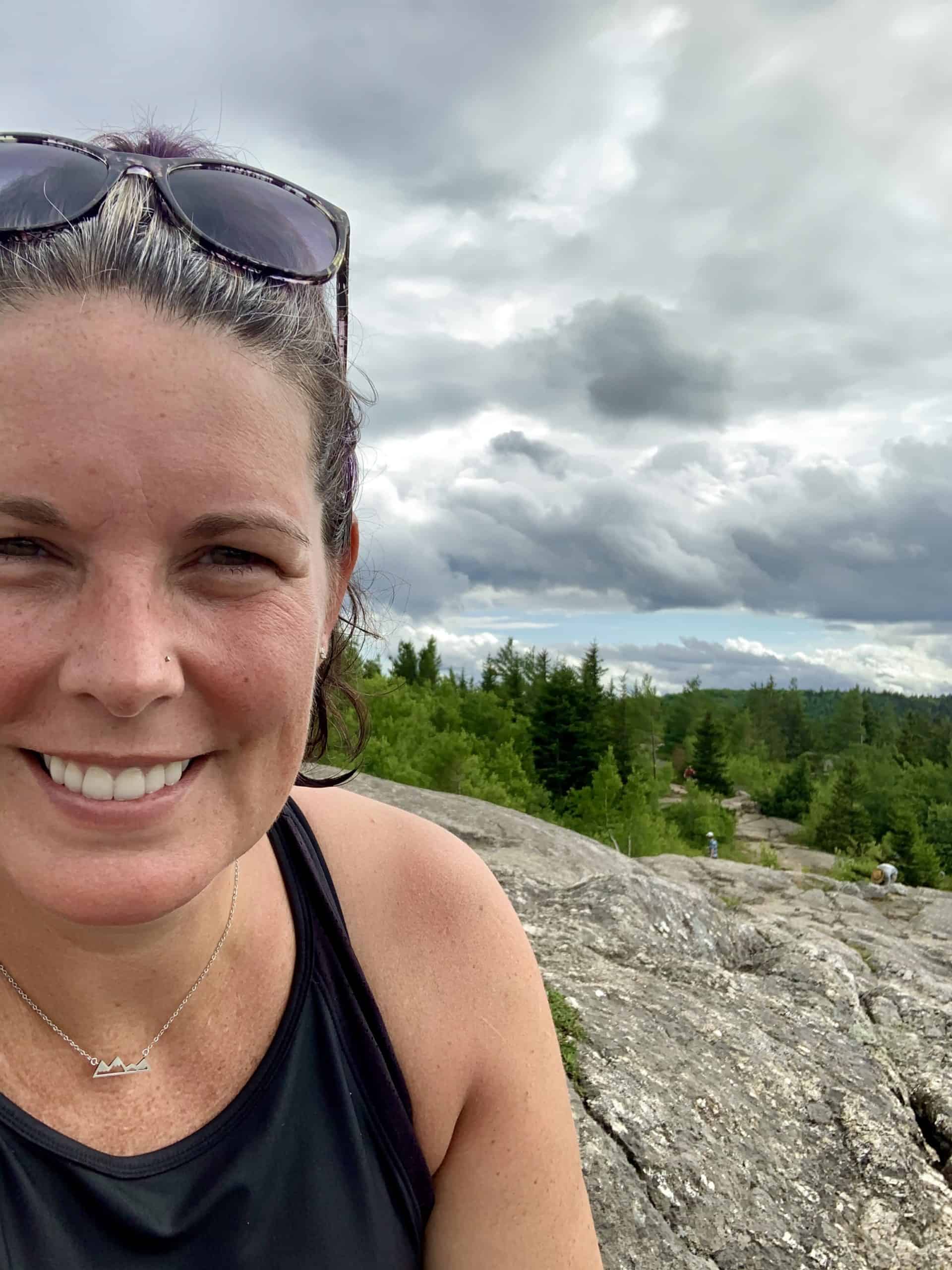To make Wealthtender free for readers, we earn money from advertisers, including financial professionals and firms that pay to be featured. This creates a conflict of interest when we favor their promotion over others. Read our editorial policy and terms of service to learn more. Wealthtender is not a client of these financial services providers.
➡️ Find a Local Advisor | 🎯 Find a Specialist Advisor

After the gluttony of the holidays, it’s no surprise that the word “cleanse” is floating around everywhere. While my opinions on food cleanses are fodder for a different post, I’m more apt to try a spending cleanse after the spend-y days of December.
You don’t have to go cold turkey
Going on a spending cleanse doesn’t mean you don’t get to buy anything, it just means you’re limiting financial outlays to the bare necessities. There’s a difference — buying is picking up the things you need, like groceries, transportation, paying bills, etc. Spending is a choice to purchase something you don’t really need at that exact moment.
Examples of ‘spending’
- Going to Home Depot to purchase replacement blinds for the ones in your bedroom that broke, then taking a detour down the clearance aisle to see if you can score any deals on holiday items after wandering through the succulents and picking out a few cute ones for the living room — that’s spending.
- Heading to Costco fill up on gas, then stopping into the store and stocking up on that shirt your husband’s mom got you for Christmas that you’ve literally been living in ever since — that’s spending.
- Stopping by the pet store to buy cat food and walking out with a new bed and toys for said cat — that’s spending.
- Bagging the plan to make the meal you planned for dinner and ordering sushi instead — that’s spending.
The bottom line is that mindless spending is a habit. It’s not to say that I’ll never buy myself anything fun again, I’m just trying to reign in the stuff collecting and instead set that money aside for my bigger life goals.
The rules of a spending cleanse
- Timeline: one week.
- Make sure you have necessities taken care of, like gas in the car, bills paid, etc. It’s not about not buying anything, it’s about avoiding unneeded spending to break a habit.
- For that week, when you leave the house, take just your ID and twenty dollars max. You can tuck a card away somewhere in case of emergency, but the point is not to use it unless you’re literally stranded or starving.
- If you have to dine out for work, that’s fine, just make sure you stick to any per diem rules you have so that you’ll be reimbursed.
- No online shopping or in-app purchases.
It’s supposed to feel extreme
If it feels weird to go out without any real money, that’s the point — it’s supposed to be a bit extreme, just like drinking juice for three days makes it feel like three months since you’ve last chewed anything. I’m going to try it — my December credit card bill had me raiding my savings (#realtalk) and I’m even thinking of going on a total ban on clothes shopping until spring, but in the meantime, I’ll be getting creative in the kitchen (GrubHub is going to miss me!) and letting those books sit in my Amazon cart for a bit longer.
Join me?

About the Author
Kelley Long
I believe that the true meaning of financial security is the ability to make decisions without having to worry about money. There are both factual and psychological aspects of this belief and my mission is to help people find that intersection in their own lives according to their personal values and goals.
I hold the CPA/PFS license and am a CFP® professional, but I don’t sell any products or manage any money. When I’m not writing, I’m working one-on-one with people through my coaching business, Financial Bliss with Kelley Long. I’m also a member of the AICPA Consumer Advocate Council and am frequently quoted in the press on financial literacy issues facing Americans.
I love to apply my own money lessons to my writing as well as break down some of the more complicated financial planning techniques into plain English. My goal in life is for all people to feel able to make their own financial decisions with confidence, being fully aware of the pros and cons of the actions they take.
To make Wealthtender free for readers, we earn money from advertisers, including financial professionals and firms that pay to be featured. This creates a conflict of interest when we favor their promotion over others. Read our editorial policy and terms of service to learn more. Wealthtender is not a client of these financial services providers.
➡️ Find a Local Advisor | 🎯 Find a Specialist Advisor

